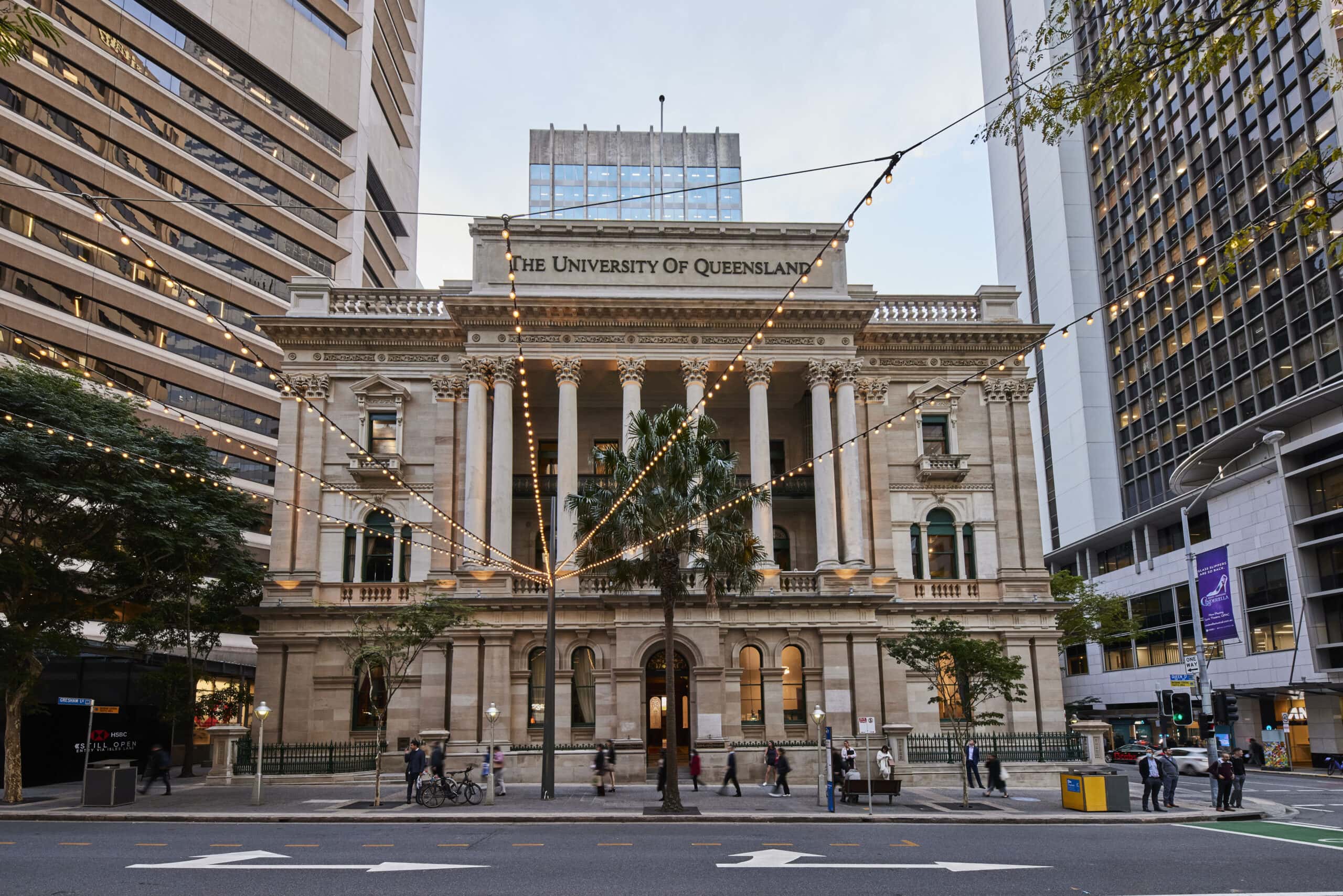Welcome to our Autumn 2023 newsletter. TERN is very excited to announce that it is joining with ILTER East Asia Pacific (ILTER EAP) in delivering a hybrid Science Symposium on 26-27 July (Brisbane). Abstract submissions for the Symposium are open for papers related to biodiversity, carbon and nitrogen cycles, ecohydrology, circular economy, prediction and so on. Registration is free.
March has been an amazing month for TERN. We started it with our bimonthly webinar on drones where more than 600 registrants from some 39 countries shared an hour of presentations on the use of drones in ecosystem monitoring. And we ended the month with an event in Canberra to launch the annual report for Australia’s Environment. The event took place on a particularly wet morning, subtly reinforcing the main message from author, Prof Albert Van Dijk (Australian National University), on how the floods in 2022 generally improved the overall condition score of our environment in most States and Territories.
In between these two highly successful events, everyone running a National Research Infrastructure project in Australia, including TERN, will tell you how hard they worked from 22 February until 15 March in preparing and submitting a grant application to NCRIS for funding to support activities that will help deliver the step changes defined in the 2021 National Research Infrastructure Roadmap. For TERN, our proposed step change activities are in the area of Environment and Climate and are principally aimed at expanding carbon and biodiversity monitoring and modelling to cover more ecosystems, such as coasts and agricultural landscapes. If successful in its bid, TERN also aims to scale up its capacity to deliver value-added data and analytics to industry and decision-makers. Outcomes for the grant round are due to be released around the time of the Australian Government’s budget announcements in May.
TERN’s Advisory Board held its first 2023 meeting on 14-15 March, the first day at the University of Queensland’s city-based Business Centre (see image above) and the second at the University’s historic Customs House, situated on the Brisbane River. Professor Paul Bonnington, University of Queensland, Professor Bruce Northcote, University of Adelaide and Dr Libby Pinkard, CSIRO, were welcomed as new partner representatives and brought up to speed on current issues such as sourcing non-NCRIS funding contributions to TERN. Other challenges discussed included operating field-based, remote research infrastructure as the frequency of extreme events increases, and the difficulties of attracting and retaining highly skilled data and research infrastructure specialists in a very competitive labour market. The group’s next meeting will be in June.
The National Research Infrastructure Advisory Group, established following a recommendation in the 2021 NRI Roadmap, met for the second time in Canberra on 29 March. TERN, IMOS and ARDC Directors were invited to meet the members and contribute background information to help the Group build its understanding of the strategic vision of the Environment and Climate step-change of the Roadmap. TERN contributed background on how the cluster of earth and environment research infrastructure NCRIS projects formed the self-governing, federated National Earth and Environment Scientific Facilities Forum (NEESFF) following the 2016 NRI Roadmap. NEESFF has met bimonthly since then and has now matured to the point that its NCRIS members are jointly addressing NRI gaps, such as those which exists for coasts, while its data subgroup has been working towards common multi-domain national standards, which are necessary for seamless data discovery and accessibility.
Among our stories this month are some wonderful images – I especially like those in the bat call article. Happy reading!







